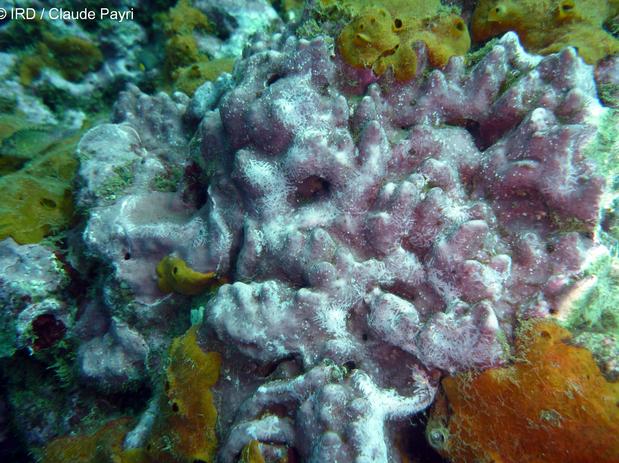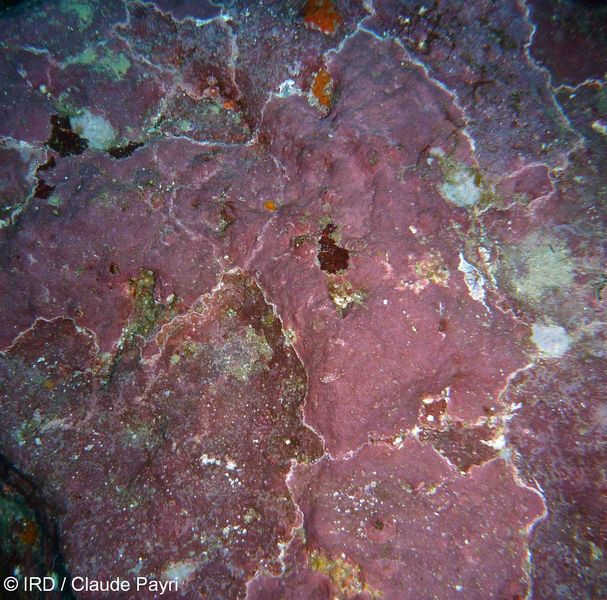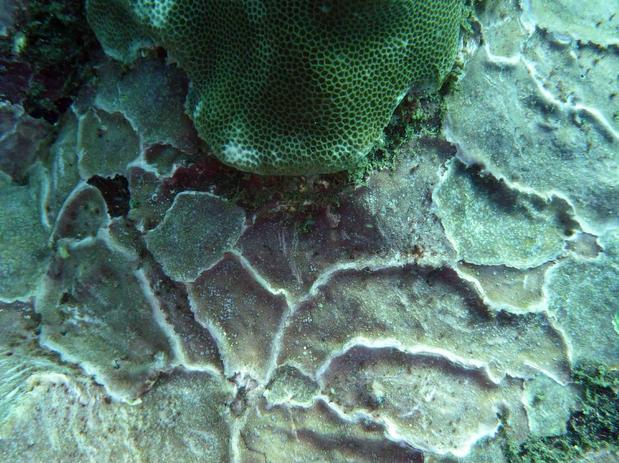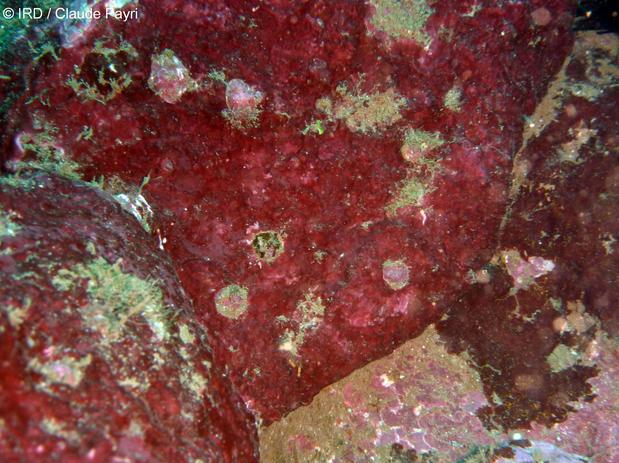FRENCH PARTNER (P1): IRD NOUMÉA , COREUS “BIOCOMPLEXITY OF THE CORAL REEF ECOSYSTEM ”
People involved in the project : Claude Payri, Sylvie Fiat (ITA), Laurent Millet (ITA), Diving Team, Master student (to be recruited) and Post‐doc(to be recruited)
COREUS2 is a multidisciplinary team, with strong competences in ecology of coral reef ecosystems with long expertise on taxonomy, genetics and ecology of macroalgae, corals and fish as well as spatial analyses based on remote sensing. The team has a relevant activity related to the comprehension of processes, such as community structure and composition assemblages in relation to habitat characteristics, connectivity between habitats, both at local or regional scale, species distribution and phylogeography. The team is also involved in big scientific expeditions (La Planéte revisitée) focussing on the study of coral reef biodiversity and ecology in previously unexplored and remote localities in the Indo‐Pacific which further increase its geographic range of expertise. COREUS has been recently awarded, with 8 other partners, for its expertise in coral reef ecology with the LabEx “Corail” (“les récifs coralliens face au changement global de la planète”).The researchers involved have extensive field work competences with benefit of significant facilities and human resources for underwater works provided by the Institute itself. Technical platforms offer large analytic equipment for histology, molecular biology including PCR, rt‐PCR, q‐PCR and sequencing, and a large phycological collection from various areas in the Indo‐Pacific. Human resources which will contribute to the project include permanent staff, post‐doc and students (Master and doctorate) based in New Caledonia. One permanent scientist is based in Indonesia and will facilitate access to the field in that region. The on‐going research interests in phycology include the cataloguing of benthic marine algae of tropical and subtropical Indo‐Pacific; describing the algae composition of various areas of the Indo‐Pacific region. The team working for many years in the Pacific basin, has acquired an international recognition in phycology with more than 10 papers (IF > 2) published in international journals in the last two years. Part of the research activity is also dedicated to paleoecology using coralline algae to describe paleoenvironment in Holocene reefs and to interpreting the recent history of the barrier reefs. The French partner has a good expertise in reef‐forming red algae and the necessary qualification in phycology to take part on this project. This project will be connected with an ongoing post‐doc programme dealing with CCA and acidification (Riccardo Rodolfo‐Metalpa, IRD/LabEx‐CORAIL).
TAIWANESE PARTNER (P2): NTOU, KEELUNG , NTOUA LGAE L AB “MARINE ALGAL SYSTEMATICS & EVOLUTION LAB ”
NTOUAlgaeLab is leading by Professor Lin who has been working on the marine flora of Taiwan since 1992. In the past ten years, Dr. Lin had advised four interns and eight master students on taxonomic and phylogenetic studies on red algal genera in the families Halymeniaceae, Liagoraceae, Gracilariaceae, Galaxuaraceae, Delesseriaceae, Hypneaceae and Rhodomealaceae. Besides studying marine red algal systematics, the NTOUAlgaeLab has a relevant activity related to some seaweed monitoring programs in both southern and northern Taiwan waters as well as involving in some scientific expeditions to remote islands (Pratas Island, Nan Sha Island) in South China Sea ocusing on the study of coral reef biodiversity and seaweed seasonal changes. The lab members involved have extensive field work competences with benefit of significant facilities and human resources for underwater works provided by NTOU. The lab is fully equipped for both comparative anatomy and DNA sequencing equipments. The lab is also supported by the Center for Marine Bioenvironment and Biotechnology at NTOU for technical platforms offering large analytic equipment for histology, molecular biology. Our on‐going research projects and interests include the cataloguing of benthic marine algae of Taiwan and its neighboring islands, exploring the red algal diversity and their evolutionary histories in the Indo‐Pacific region. The lab recent research on marine red algal groups on their molecular phylogeny coupled with comparative cystocarp development from the Indo‐Pacific regions has gained an international recognition in phycology with more than 12 papers (IF ~2.0) published in international journals in the last two years. The Taiwan partner has a good expertise in marine reef‐forming red algae and the necessary qualification in phycology to take part on this project.



